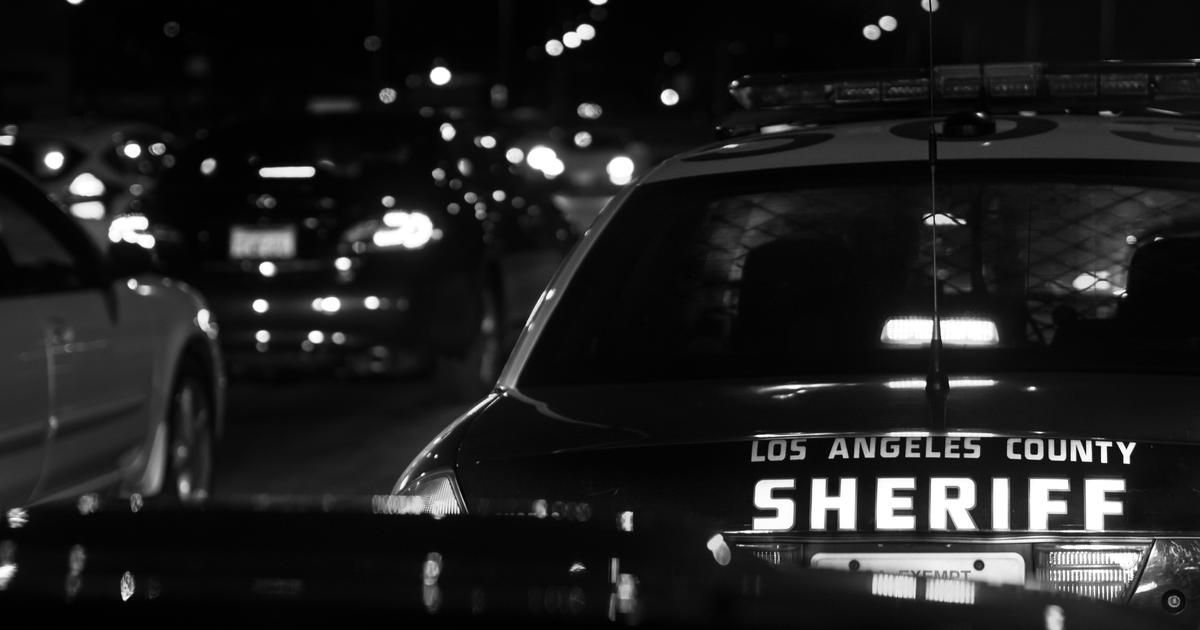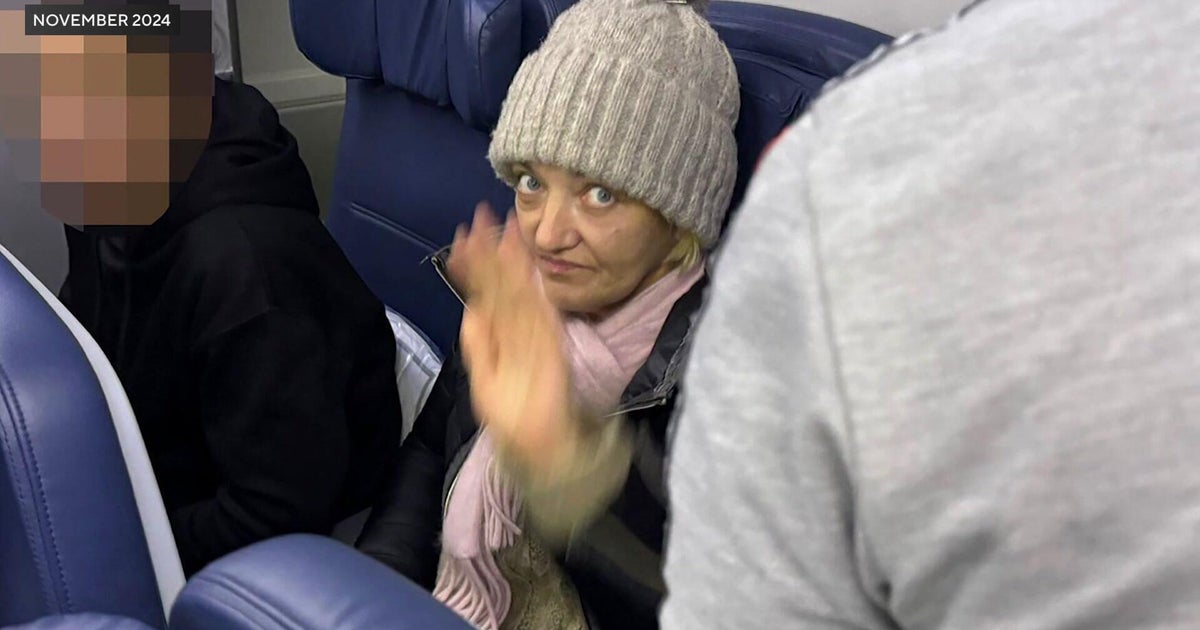American Airlines Flight Attendants Say Uniforms Are Making Them Sick
LOS ANGELES (CBSLA) — Tracey Silver-Charon has inflammation in her neck and burning in her throat. Marie Valenzuela has multiple pulmonary nodules in her lungs.
Those are just some of the symptoms these American Airlines flight attendants from Los Angeles say they've experienced since wearing their work uniforms.
"I dread going to work, it feels like Russian roulette sometimes, I don't know how sick I'm going to be," flight attendant Heather Poole said.
Last year the airline provided employees with new uniforms manufactured by company Twin Hill, but since then these flight attendants say they've gotten ill and the uniforms are to blame. Now they and more than one hundred others have filed a lawsuit against Twin Hill.
"We have thousands of people having severe chemical reactions to garments but nothing is being done," flight attendant Tracey Silver-Charon said.
Valenzuela, a 23-year American Airlines veteran, says the uniforms caused her to practically lose her voice, among other ailments.
"I came home yesterday covered in tiny red bumps and I'm usually pretty calm and that was the first time I cried."
Their attorney says among the plaintiffs are pilots.
"They're fearful if they put it out there that they have any symptoms that they're going to lose their ability to operate as a pilot," attorney Andrew Spielberger said.
Supplier Twin Hill provided us a statement that reads in part:
"Absolutely no evidence has been presented linking reported symptoms to our uniforms. Twin Hill continues to stand behind our products, which are worn without issue by the vast majority of American employees."
And American Airlines said in part:
"Safety has been and remains our top priority and we would never ask our team members to wear an unsafe uniform."
American announced in June they won't be working with Twin Hill anymore but employees say new uniforms won't be coming for another few years. American offered them the option of using different uniforms. But these women say even being close to someone wearing one makes them sick.
These women say none of them have underlying health conditions that would cause these reactions and none have received worker's compensation.







